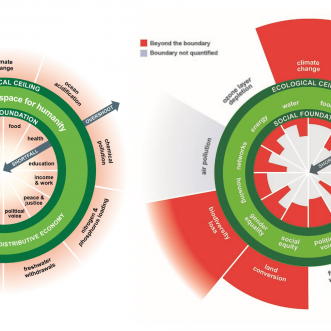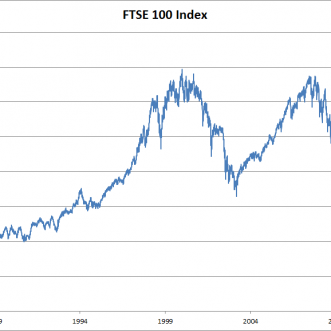February 7, 2020
Wikipedia tells me that “an externality is a cost or benefit that affects a third party who did not choose to incur that cost or benefit.”
If I have a flu jab, to protect myself from flu. I decrease the chances of the people around me catching flu. That’s a benefit.
If I go to work full of cold, I increase the chances of my colleagues getting a cold, that’s a cost. If I stay at home, that’s a benefit.
The point about externalities is that they aren’t measured. They are literally not accounted for in a business. We metaphorically shrug our shoulders and say “Not my problem. I’m just trying to make a profit.”
Yet the consequences don’t go away, just because we ignore them. If I go to work with a cold, and my colleagues catch it, everyone’s productivity is lowered.
We live in a series of systems, and ultimately a closed system – planet Earth, and sooner or later the consequences will come back to bite us.
Time then to take responsibility for all the results of our actions, not just those we choose to see.
Climate change needs to be on the balance sheet.









